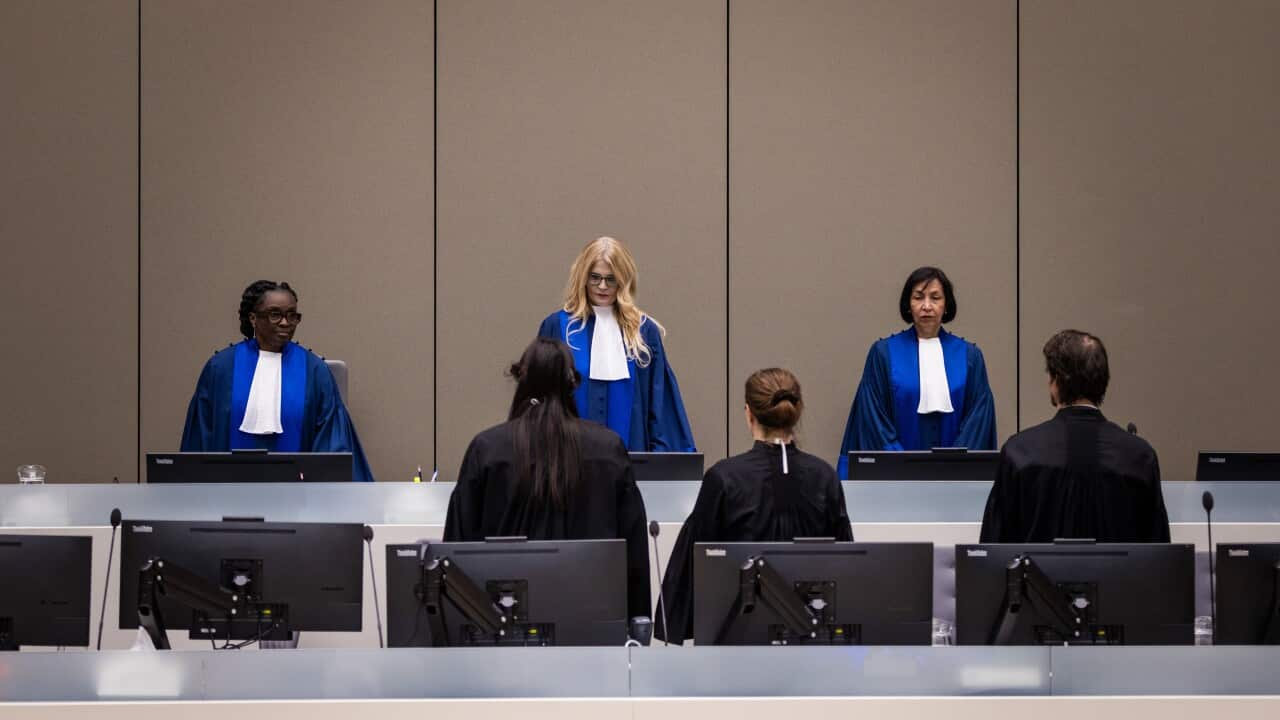Unlawful workplace discrimination occurs when an employer takes adverse action against a person because of certain attributes of the person – such as race, age, sexual orientation, pregnancy or religion.
It can include full time, part time and casual employees, probationary employees, apprentices and trainees, and individuals employed for fixed periods of time.
Highlights
- Meghann Papa , a Senior Lawyer at Anderson Gray Lawyers, based in Sydney says there are federal, state and territory laws in Australia to protect people from discrimination and harassment.
- According to the Diversity Council last report in 2019, Aboriginal and Torres Straits Islanders experienced the highest rates of workplaces discrimination.
- Under the Fair Work Act, if the employer doesn't discriminate against an employee because of their particular attribute, then it won't necessarily be considered adverse action.
Patrick Turner is a Brisbane based Senior Associate specialised in Employment and Industrial Law at Maurice Blackburn Lawyers.
He says adverse action is a legal term and can refer to actions such as sacking someone; ‘injuring them in their employment; and altering their position to their prejudice, which is unlawful if taken for particular reasons.
"For example, reducing someone's pay, demoting someone, issuing them with a warning. All those sorts of things might be injuring someone in their employment or altering their position to their prejudice. It also includes discriminating between employees. Adverse action can also include threatening to take adverse action."










